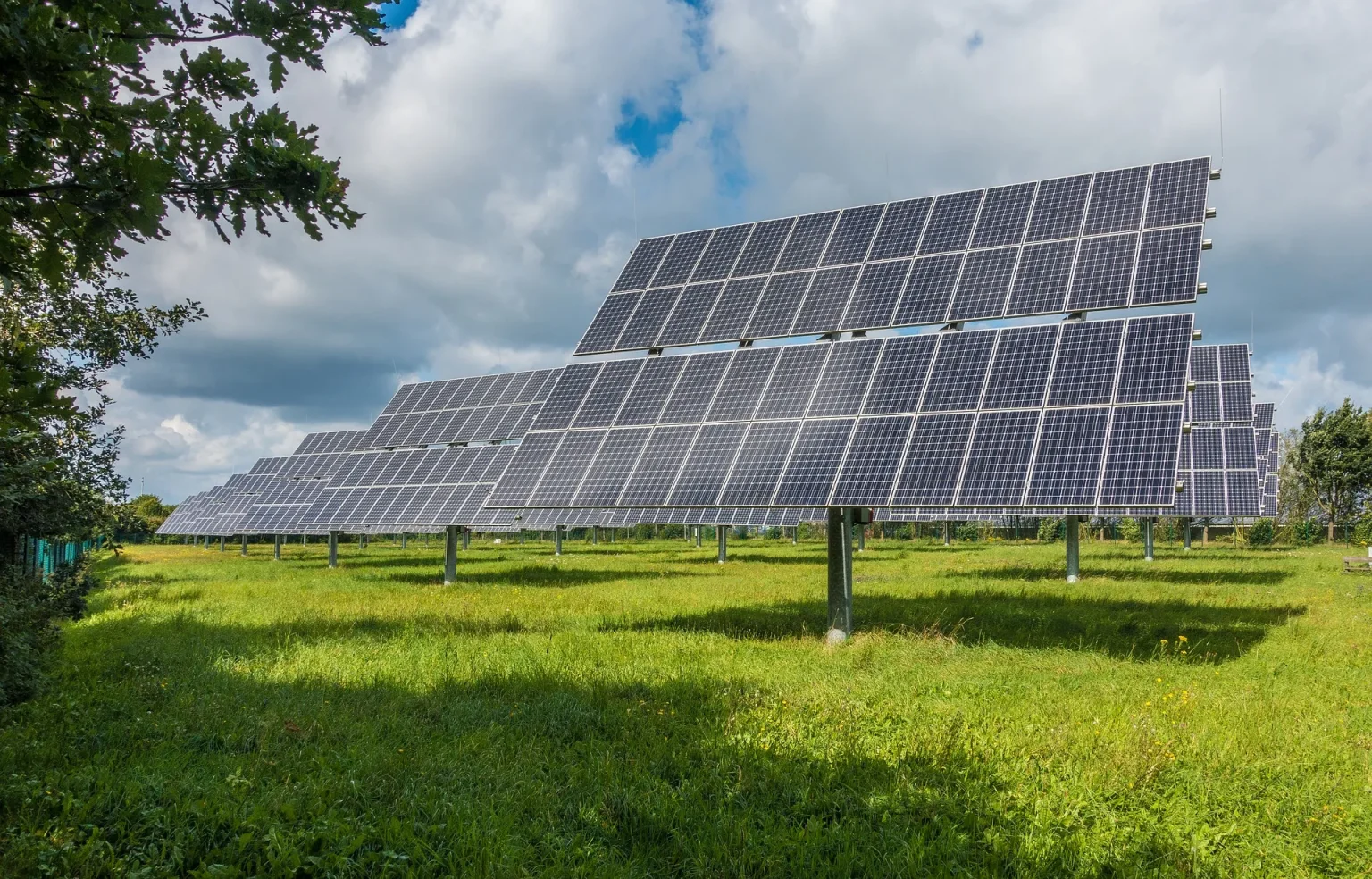The solar panel tax in Pakistan has triggered nationwide debate after the government imposed an 18% General Sales Tax (GST) on imported solar panels and photovoltaic cells. Set to take effect during the 2025–26 fiscal year, the tax is expected to generate Rs. 20 billion in revenue, reflecting projected solar imports above Rs. 110 billion.
According to Finance Minister Muhammad Aurangzeb, the tax is part of a broader reform to correct market imbalances. Imported panels were previously tax-exempt, while locally produced panels were taxed, creating unfair competition. The new GST aims to encourage domestic production and strengthen Pakistan’s solar industry.
Supporters Say the Move Supports Local Manufacturing
Federal Board of Revenue (FBR) Chairman Rashid Langrial explained that the new measure will create a level playing field. Since local panel assemblers already pay taxes, this step ensures fairness and promotes local investment in green energy infrastructure.
Critics Warn the Tax Could Slow Clean Energy Growth
While the government sees the policy as a step toward self-sufficiency, industry experts warn it could backfire. They argue the added cost may discourage small-scale solar users from switching to renewable energy, undermining Pakistan’s efforts to reduce its reliance on fossil fuels.
Solar power now accounts for over 14% of the country’s energy mix, up from just 4% in 2021. Critics fear that applying GST on imports could halt that momentum, especially as inflation squeezes household budgets.
Despite concerns, officials remain confident that demand for solar energy will stay strong.
The government insists the tax will uplift local industry, but experts urge careful implementation to avoid stalling renewable adoption and hurting consumers already burdened by rising electricity costs.
Industry Reacts to Solar Panel Taxation
The introduction of an 18% GST on imported solar panels has sparked serious concerns among energy experts and environmental advocates. They argue that the move could discourage investment in renewable energy, especially for households and small businesses. With solar energy contributing significantly to Pakistan’s power mix, critics believe this policy may slow the momentum built over recent years. The sudden shift has also raised questions about the government’s commitment to sustainable development. Industry leaders are calling for either a tax rollback or clear incentives for local manufacturers to ensure progress doesn’t come at the cost of accessibility.
Balancing Revenue and Renewable Growth
Government officials maintain that the tax is essential for encouraging local production and correcting market imbalances. They emphasize that locally manufactured panels are already taxed, and the new measure simply levels the playing field. Finance experts believe the policy could generate up to Rs. 20 billion, a needed boost for the national treasury. However, stakeholders argue that the long-term costs—such as reduced adoption of clean energy and slower environmental progress—could outweigh short-term fiscal gains. A strategic approach that combines taxation with incentives may offer a more balanced solution for both economic and environmental growth.
